Poor Boyz Productions’ twentieth annual ski flick, aptly dubbed Twenty, is set to premiere to the world this weekend at iF3 Montreal. Among the most highly anticipated films of the year, Poor Boyz notes the movie will feature “the best of the best, from today’s top athletes as well as unseen relics from the vault that will blow your mind once again.”
To get the low down on all things Twenty, we spoke with PBP founder Johnny Decesare. We touch on highlights of the past season, and also reminisce on two decades worth of filmmaking. Dive into the Q&A, below.
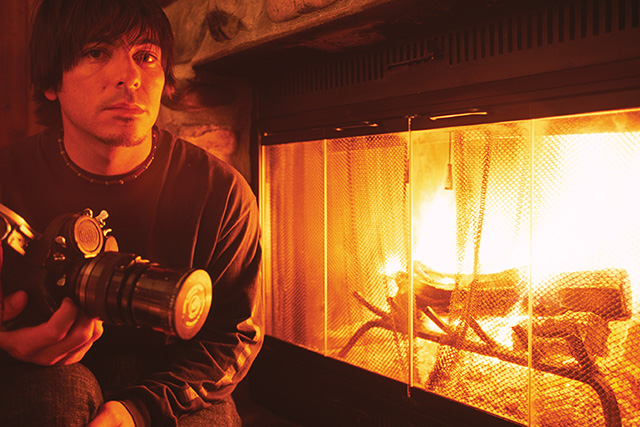 Johnny D, 2000 | Photo by Chris O’Connell
Johnny D, 2000 | Photo by Chris O’Connell
On the phone:
Hey Johnny, what’s good?
Just makin’ movies, man.
Tell me about the direction of Twenty. Sounds like it’ll be a blend of new and old. Can you elaborate?
There are a lot of retrospective films out there. So, we tried to make it different. We really tried to incorporate the new clips into the archived footage—old shots morph into new shots type of thing. I don’t want to give too much away. It’s not a bunch of words that tie the film together, rather visuals. It has a very old school Poor Boyz feel, I think.
There were some amazing moments back in the day that were super funny and candid, and you get to see a lot of that. I look back at Tanner [Hall] when he was such a little kid. It’s like, “Has he really been around that long?” His footage is so iconic and so insane. When I watched the rough cut of Tanner’s Twenty segment for the first time, all the hair on my arms stood straight up for five minutes. I haven’t felt that in years—honestly, I can’t remember the last time I was so blown away. If we can get somebody else to get just a little bit of that feeling, then I think we have a really good movie.
Tanner had himself one heck of a season.
There were plenty of moments that impressed me over the season, but it was a reminder for me that Tanner Hall, specifically, is still the workhorse that I remember from back in the day. His ability to put fear aside and concentrate when he needs to concentrate is something that will stay with me forever. He reminded me of just how good Tanner Hall is, and how good he was at age 14. That was definitely the biggest, most impressive aspect of the season.
The kid had 25 minutes of “A clips” on a line this summer. What do you even do with that? That’s ridiculous!
Pep was also insane this year—completely insane. Dane, too. He was filming with TGR, as well, but he showed his commitment to our company and took the time to come and get clips, and his segment is banger. I‘m really proud of that. Not to mention Sammy [Carlson], McRae [Williams], Vinnie [Vincent Gagnier], Lexi [Dupont], Andy [Mahre]…
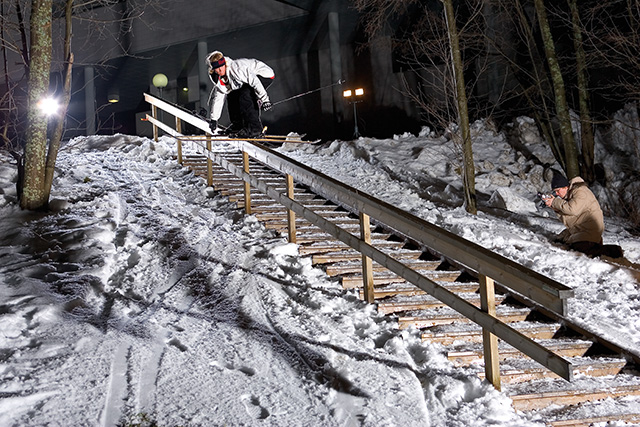 Tanner Hall, 2004 | Photo by Chris O’Connell
Tanner Hall, 2004 | Photo by Chris O’Connell
After making films for two decades, do you have one that stands out as a favorite?
Oh man, hard to say. There’s too many. If I had to pick, Session 1242 stands out. But, back further, Propaganda, 13… I don’t know. Too hard. [laughs]
How about a favorite shoot? Dare I ask, best single trick?
One shoot that stands out was with Pep, when he did both way 5s in the backcountry, and that massive 180 on the same trip. That was mental. That will never go away. That’s in contention for best trick. But I also think of the time JF Cusson did a rodeo 9 in front of me in… I think it was the late 90s. I was like, “What the hell was that? He landed backwards and he did a frickin’ rodeo, crazy spinny thingy.”
There was a different kind of excitement back then, I think. Every trick was groundbreaking. Things were so new. Twenty years later, what gets you the most stoked?
You know, what gets me excited is basically when I see other people excited. I go back to Tanner. When it came time to discuss Twenty, we were like, “That came fast, what are we going to do?” I talked to Tanner and he was all like, Tanner style, “Fuck yeah, Johnny—fuck yeah! Let’s do this. Fuck yeah, Johnny!” He got me amped for it. I talked to him over the phone a bunch, and every time he would get me more fired up. He put so much friggin’ motivation into this project—it’s really become something special. He changed my mindset from, “We’ve got to do this,” to, “Let’s pour everything into this.”
For me personally, Propaganda and Happy Dayz stand out as films that inspired me to pursue freeskiing over everything else in my life. Countless other people have felt this, too, no matter the movie, no matter the year. What’s the most rewarding thing for you at the end of the day?
People lose their minds making ski films. When you’re under pressure to make something better every year, it weighs on you. When you get to the premiere, though, and the lights go down, and everyone screams as the first title comes up, you get really, really stoked. It’s an emotional moment. When the credits roll, and you see your name alongside your buddies’ names, it’s as good as it gets. You forget all the heartache—everything that went into getting to that stage goes away. If you can make other people that happy and that stoked, it’s like a drug. You beat yourself up for a few months, or a year, and at the end, you say, “I’m so glad I did this.” The feeling is so good, you’re willing to do it all over again.
You mention the heartache. What were some of the challenges you faced in the early days? And today?
Well, in the early years of production, I think the challenges were mental. The challenge was, “How can I be in five places at one time?” Because I wanted to film everything. There was so much happening. Today, there are many more challenges. You have staff, plus all these other obligations to create content around the movie itself—it’s a complicated mess. You’re obligated to send everything to every sponsor, create extra segments, extra commercials… do this, do that. All of these things are a huge challenge. It’s a lot harder than it used to be, but it’s still just as rewarding. Another challenge, I’d say, is that you’re always trying to one-up yourself. After 20 movies, it’s tough. Do you apply better cinematography? More money? That’s what we’re asking ourselves heading into each year. You try not to veer away from what you started, yet grow at the same time—that’s a huge challenge.
That’s a hot topic right now—big budget productions and the potential for focusing too much on the shot at the risk of missing the trick.
When Travis [Rice]’s movie, [The Art of Flight], came out, using Cineflex and so many other toys, it was insane—everyone was visually stunned. I thought it was awesome. The problem is that it gets to a state where, in my opinion, the visuals are becoming more important than the sport itself at times. My philosophy back in the day was, I’d rather take the trick. Like, oh bummer, it got all cloudy and crappy right at that one moment, but the trick, the trick was the one—like, holy shit, I would never not put that trick in my movie. Obviously, I want to be sure we shoot everything really well, but still today, I would take the trick first.
What about other production companies, both in and out of skiing. Is anyone finding a happy medium, in your mind?
I like a lot of stuff in surfing, like Woodshed Films comes to mind right away—they’re really amazing. The Malloy brothers [Chris, Keith and Dan], they do a great job of finding a balance. And I also like the Kai Neville movies. Modern Collective, and others—new, progressive tricks, a bit of flare cinematography wise, but no helis, nor the ultra gear. They just shoot well. They do super cool cutaways. They have the best action in the world. That’s my style.
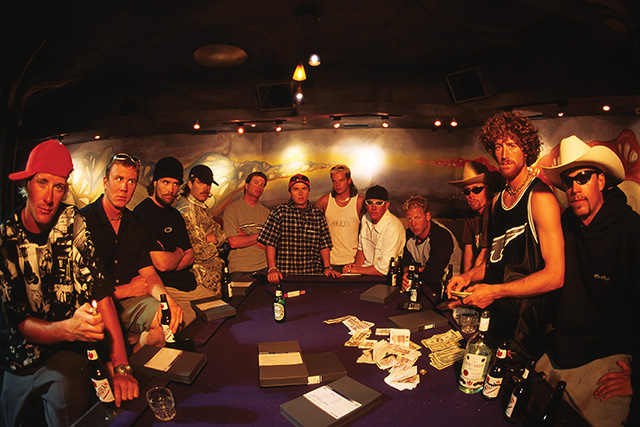 Cast of The Game, 2000 | Photo by Chris O’Connell
Cast of The Game, 2000 | Photo by Chris O’Connell
In so many years of doing this, so many people come, so many people go. Talk about some of the relationships you’ve formed.
I’ve met so many great people along the way. I’ve had interns for years and they move on to do big things in their own lives. I love to keep in touch with everyone. There’s been so many influencers. Guys like Tyler [Hamlet]—he’s been around for 10-plus years and it’s insane. He’s been a workhorse, an amazing friend… He’s the guy who doesn’t ask for attention, but he’s a cornerstone of PBP’s entire livelihood. [Eric] Iberg, [Steve] Rosenthal, too many to name. Who would have thought a kid that had no money, no home basically, would have a company that lasted 20 years making ski films? It’s a miracle. It’s because of all the people around me.
Do you have a parting thought for the masses?
I think the only appropriate thing would be to say thanks—to every person who’s viewed a Poor Boyz film, or any part of a Poor Boyz movie with a positive reaction. If you even just saw part of it and it gave you inspiration, thank you. The viewers are the only reason I keep doing this. It’s to see stoke on people’s faces and minds, and to share an epic sport with everyone. ‘Cause skiing is epic. That’s why I started in the first place. I love skiing. Thanks to anyone who watched a movie, bought a movie, or went to
a premiere and supported this whole crazy thing—thank you.
Related: Poor Boyz’ “Twenty” trailer is now live; watch and get stoked
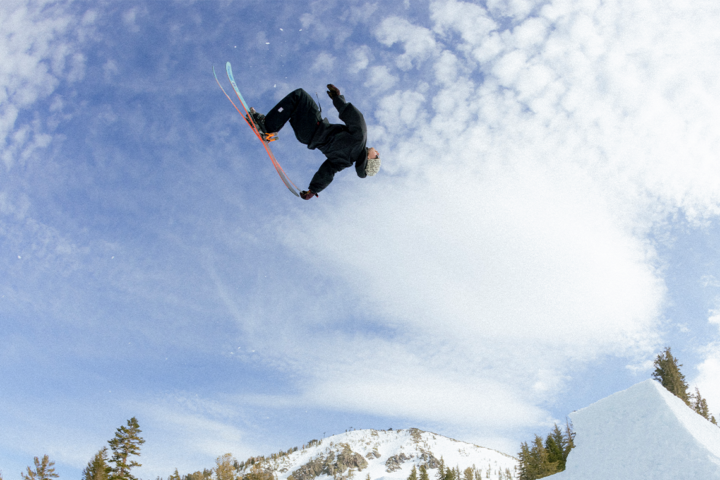
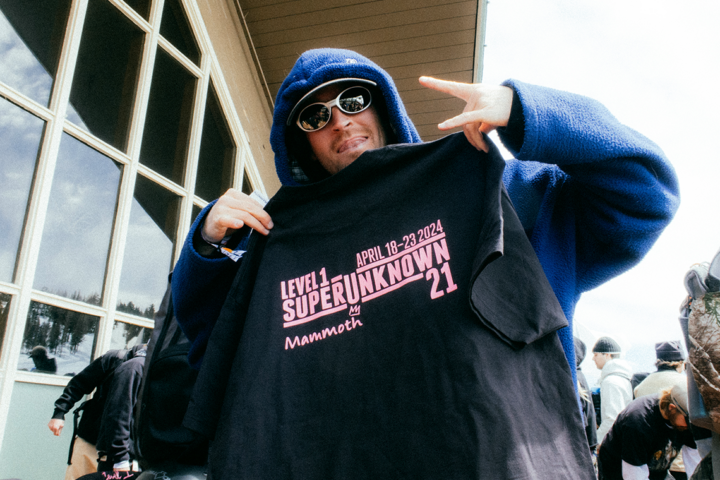
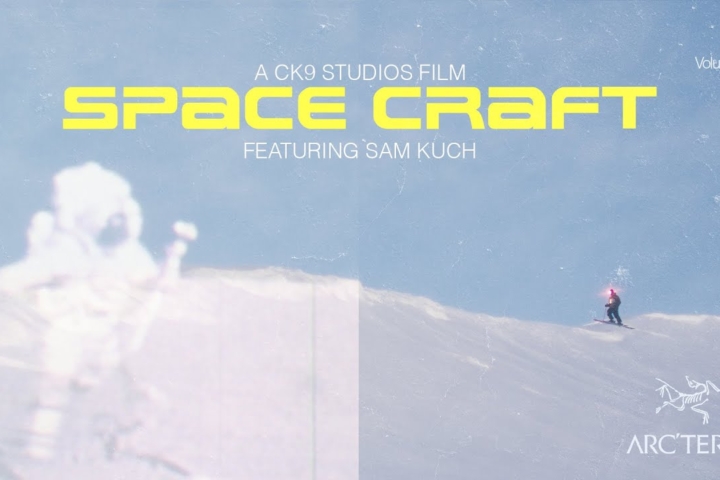
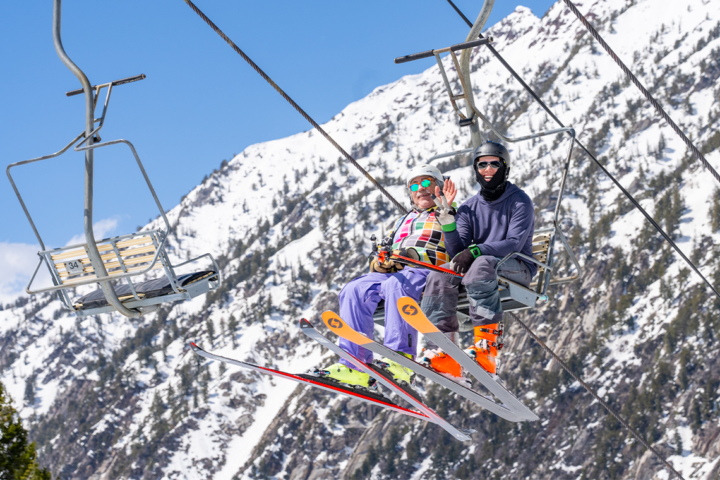
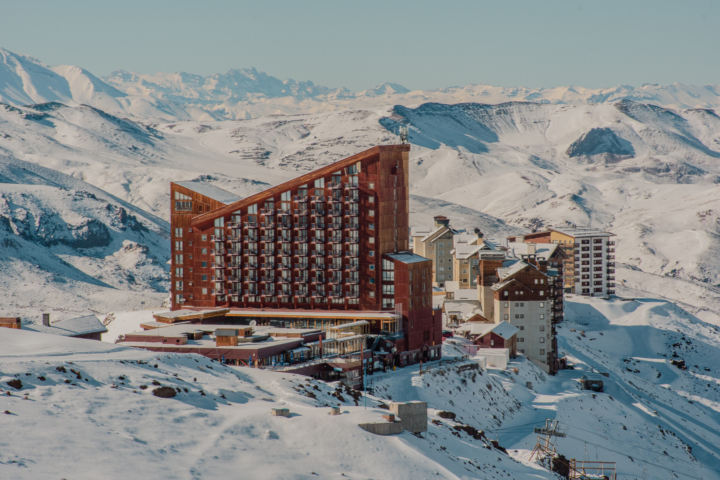
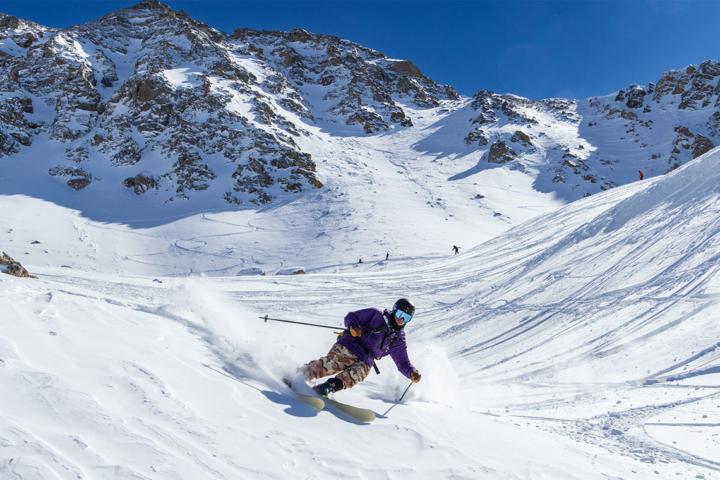
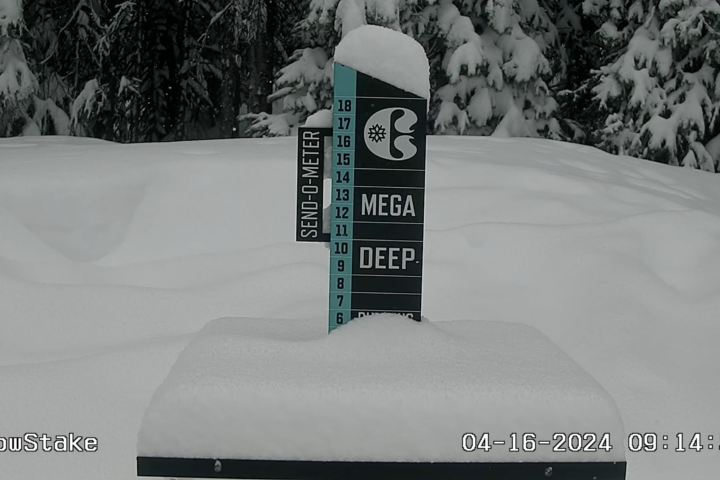
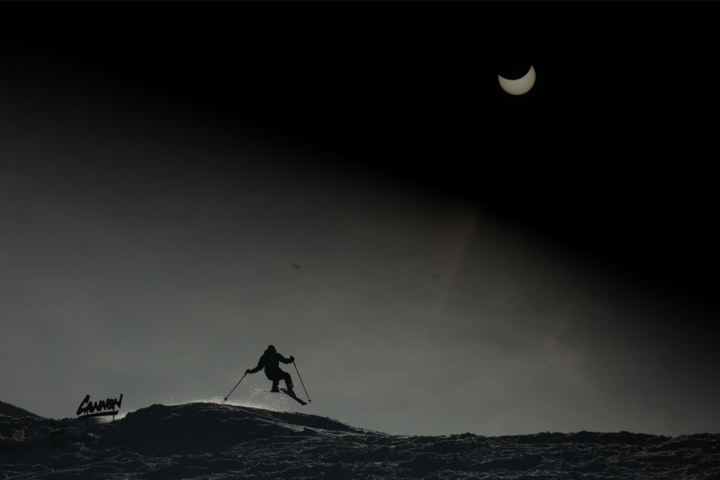
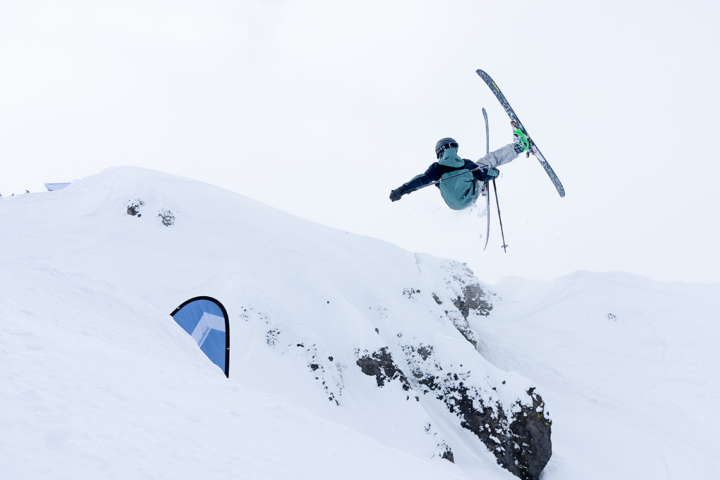
One thought on “Poor Boyz’ Johnny DeCesare talks “Twenty” years of ski films”
Comments are closed.